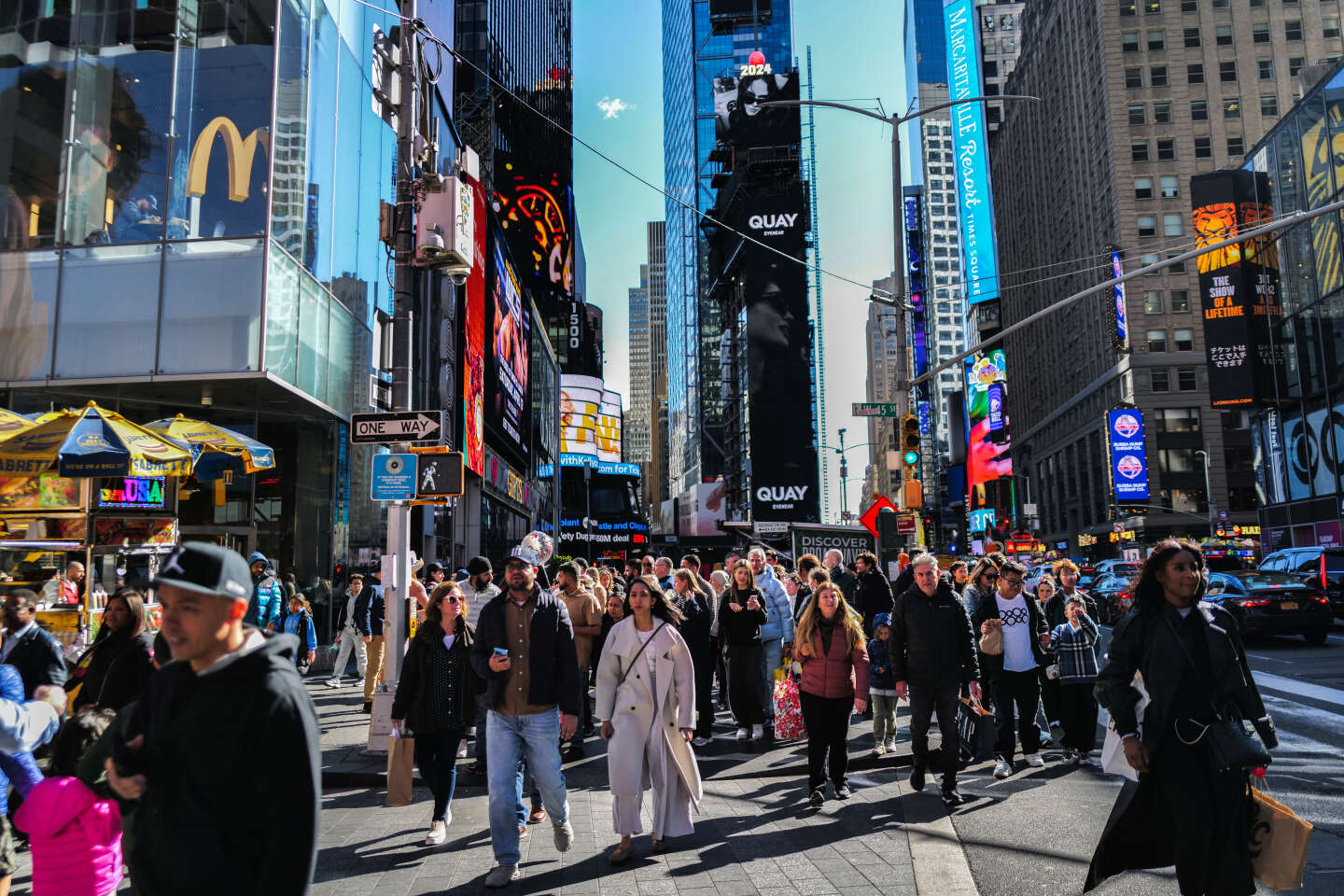
Europeans can't afford the US anymore
When Elias Chedid moved to San Francisco, California, in 2017, he was quite happy to double his salary compared to what he was earning in France. "I accepted an offer at $85,000. I thought it was good. In reality, I'd been had," said this young graduate of the HEC business school and mathematician. In the meantime, this data scientist has changed jobs several times, moved to New York and now earns almost $400,000 a year, including bonus shares.
"In France, I could never have seen my salary quadruple. The opportunities are fantastic," he said. "When I come back to Paris, I feel like I'm super-rich. When I go out with my friends, I pay the bill. It costs me the price of a meal for two in New York." This diagnosis is shared by Americans, who dream of sun in Europe, much like the French who retire in Marrakech, Morocco. One example of this is a report by TV channel CNBC, which on April 21 touted cheap retirement in France and Italy on its website: "You can buy a home in France or Italy for 'the price of a new truck,'" was the headline of the article, which featured an interview with Tommy Sikes, an American developer. "I started discovering these incredible properties that were for sale in smaller towns and villages for $50,000, $75,000, $100,000," he told CNBC, asserting that "the cost of living is literally 50%."
The reason for this is the massive retreat of French and European economies compared to that of the United States. The comparison with 2016 is edifying. That year had the advantage of being relatively uncontroversial, with the euro trading at $1.15 (versus $1.07 today), and the after-effects of the financial crisis and the euro had been overcome by the end of Barack Obama's presidency. The evolution shows that Donald Trump's presidency, followed by that of Joe Biden, has been marked by an economic acceleration reminiscent of the golden age of corporations, the "Gilded Age" of the late 19th century, with the triumph of John Davison Rockefeller, Andrew Carnegie, Thomas Edison, J. P. Morgan and the "Roaring Twenties," the 1920s of economic frenzy, inward-looking attitudes and institutionalized racism.


















